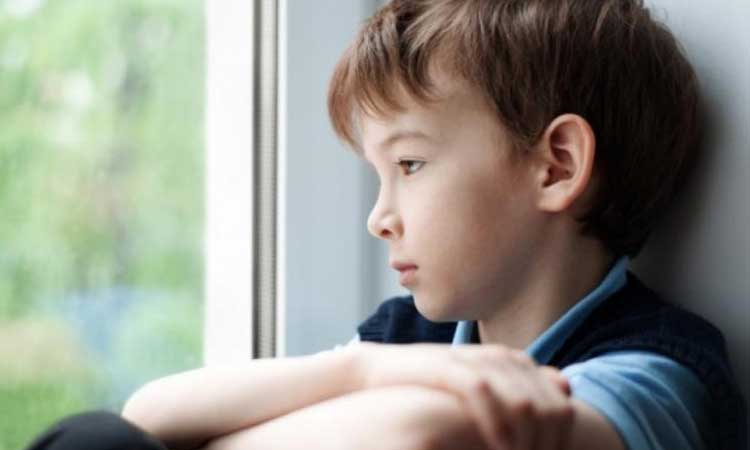Bereavement Counselling for Children…
Helping children to cope with the death of someone close to them can be difficult and upsetting, especially when you may also be struggling to cope with your own grief in reaction to the loss.
The way children react to death is affected by several factors including the age of the child, their temperament and personality, how well they manage their own negative emotions, and how they are affected by the reactions of others around them.
Honesty is usually the best policy when discussing death with children, but how much a child can understand will depend on their age and their ability to comprehend that after people die they will never come back.
Below are 8 practical tips to keep in mind when supporting a child who is grieving after the death of someone close to them:
- Allow your child to be curious about what has happened and be patient in giving them answers. For younger children the answers around why someone has died may be more practical such as “Granddad’s body stopped working and couldn’t be fixed”. For older children and teens the discussion may be more in depth and perhaps touch on religious, spiritual or other beliefs relating to death.
- Reassure your child that there is no right or wrong way to feel regarding the death of someone close to you. Let them know that some days may be harder than others, but gradually they will start to feel better as more time goes by.
- Talk to your child about the funeral beforehand so they know what to expect if they are attending. This would include the presence of the coffin, the things that might be said during the service, and the fact that other people may also be crying or upset. Don’t force a child to attend a funeral if they are reluctant to do so. What is possible for one child may not be so for another.
- In the weeks and months ahead, talk to your child about the person who has died rather than avoiding any mention of them. Encourage your child to talk about, write or draw their memories and positive feelings they have towards the person who has died as this can help in the grieving process. Keep some photos and other mementos visible to help children remember their loved one who has died.
- Encourage your child to keep doing the things that they enjoy as much as possible. Examples might include participating in a regular team sport, accepting play dates with friends, or doing things they enjoy by themselves such as reading, playing games or playing a musical instrument.
- Try as much is possible to stick with the normal daily routine such as getting up at the same time, eating regular meals together, attending school and work as usual if possible, and going to bed in the evening at the regular time. Although the day may feel disrupted in other ways, trying to keep some stability and predictability around family routines is comforting and reassuring for children.
- Don’t try to hide your own feelings of sadness from a child. It’s okay for them to see that you are also affected by the loss of someone close to you and that it is normal and healthy to cry and talk about your grief openly, making sure you do this in a way that children can understand. If your feelings are always hidden away this may send a message to your child that showing sadness is not okay and they too may end up bottling their emotions up in ways that are not healthy or helpful in coping with their grief.
- Watch out for signs that your child may not be coping with their grief and respond to these sooner rather than later. Indications of this may include significant changes in behaviour like sleeping and eating, more emotional outbursts than usual, difficulties at school either academically or socially, or becoming more withdrawn and difficult to connect with in conversations and activities.
Remember that your child needs time to heal from the loss of a loved one, just like you do. As part of the grieving process, check in to see how your child is adjusting to life without their loved one. If you have any concerns about how your child is reacting to the loss of a loved one that you feel is beyond your capacity to cope with, then seek help from an experienced child psychologist.
Ahead Psychology is an established and trusted private practice of Brisbane North psychologists.
Our psychologists provide expert, patient centred care in a compassionate and confidential environment. We are passionate about helping people find strength and joy in themselves, their work, their relationships, their families and their lives and can help with wide range of emotional, behavioural and interpersonal problems including bereavement counselling for children. To find out more about our psychologists, or book an appointment please call us on (07) 3352 3577 or use our online Request a Booking form

